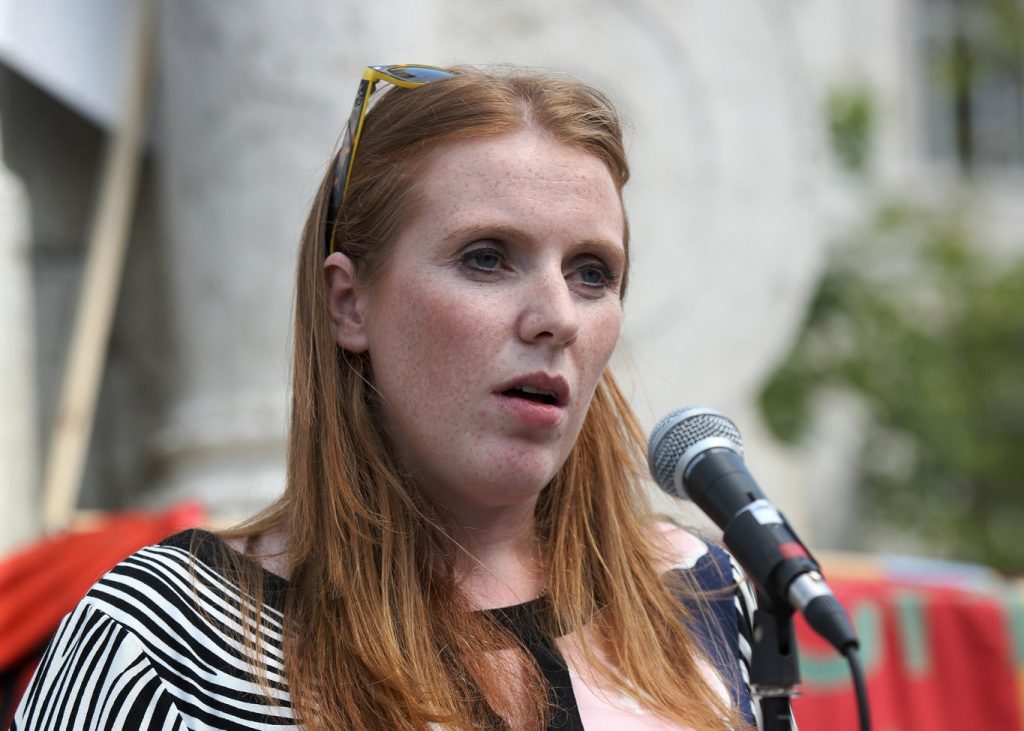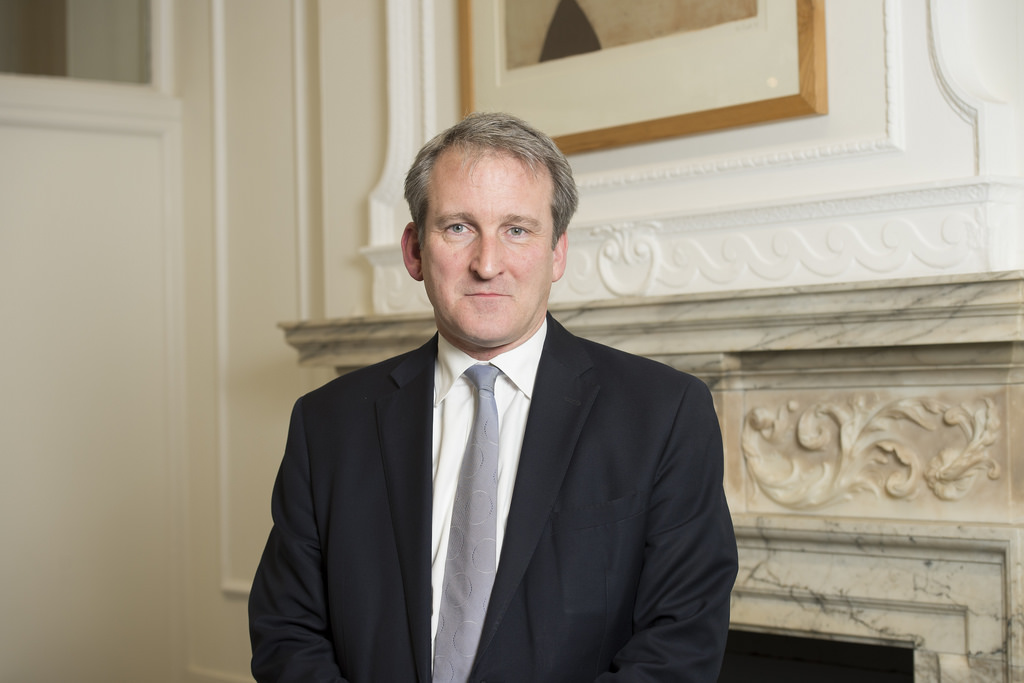With Theresa May’s cabinet reshuffle now completed, we have a new Secretary of State for Education.
He’ll be facing a number of challenges as part of the role, all in the name of narrowing inequalities in educational experience and outcomes, so here’s a quick look at what’s ahead for Damian Hinds.
So, Education and Human Rights?
 Image Credit: Marcos Luiz / Unsplash
Image Credit: Marcos Luiz / Unsplash
Following Britain’s decision to leave in the EU referendum, education has featured prominently in the debate about whether EU citizens currently living in Britain should be entitled to public services in the same capacity following Brexit. The government has also been criticised for its inaction on unaccompanied child refugees from Calais, and pressure on British public services was part of this discussion. Particularly in inner-city areas, there have been challenges with language barriers and educational outcomes.
The right to education is clearly laid out in the Human Rights Convention, with the text specifically setting out that “no person shall be denied the right to education”. This also sits alongside broader issues about gender, ethnic and class divisions in the British education system – something which plays into the equality at the heart of our human rights.
The removal of coursework and accompanying changes to the grading system at GCSE may reduce the stark gender gap at this level – with girls outperforming boys in every subject as recently as 2013 – but the rollout of universal credit has been criticised for negatively impacting free school meal eligibility for poorer students. Essentially, there’s a lot going on here that plays into our rights.
Are White Working Class Boys Being Forgotten?
 Image Credit: UNISON / Flickr
Image Credit: UNISON / Flickr
Angela Rayner, Labour’s Shadow Secretary of State for Education, has brought the underachievement of white working-class boys back into focus. She claims the focus on ethnic and gender gaps in education has created a “negative impact” whereby the struggle for many in this social group to adapt to the school environment has been neglected.
Whilst ensuring a multicultural educational experience is still especially relevant following Brexit and heavy EU migration flows, it is alarming that white working-class boys in Britain are the least likely to achieve five GCSE passes or go to university, and 35,000 of them are currently in prison.
What’s The Deal With Free Schools?
 Image Credit: Pexels
Image Credit: Pexels
A staple of Conservative education policy since 2010, the current government is following through with David Cameron’s 2015 manifesto pledge to build 500 free schools by 2020. As with the mass conversion of comprehensive secondary schools to academies, free schools are relatively autonomous of government control. They can be established by parents, faith leaders and businesspeople (to name a few), and claim to offer a more flexible educational experience.
But some question the standard of teaching, whether they favour a particular social group, and the amount of funding being ploughed into this scheme at a time when teacher recruitment and retention is worryingly low. Nick Timothy, Theresa May’s former Joint Chief of Staff, has criticised Justine Greening for putting a brake on free schools so it will be interesting what Hinds does with them. Previously, his voting record shows he is a fan of greater autonomy for schools.
Right, And What About Tuition Fees Then?

Image Credit: Faustin Tuyambaze / Unsplash
Hinds is expected to announce a long-awaited major review of university funding, as debate continues over whether university tuition fees make higher education more accessible or exclusive.
The Chancellor has already explored capping fees at £7,500 rather than £9,250. Hinds also arrives at a time of outcry over Vice-Chancellor salaries, and debates over whether no-platforming policies violate free speech. However, he has previously voted to raise tuition fees.
So, What’s Damian Hinds All About Then?
 Image Credit: HM Revenues and Customs / Flickr
Image Credit: HM Revenues and Customs / Flickr
In terms of what we know about his views, Hinds has already made it clear he plans to scrap the cap set on faith schools – something we’ve written about extensively here. It’s a complicated issue but has several human rights implications for both religious freedom and equality.
In terms of human rights more generally, he’s previously voted in support of LGBT+ rights, but has previously voted to scrap the Human Rights Act, as well as the duty of the Equalities and Human Rights Commission to:
Support the development of a society where people’s ability to achieve their potential is not limited by prejudice or discrimination and there is respect for human rights.
Whichever route Hinds takes to try and level the playing field for education in the UK, it’s likely to have a massive impact on one of our fundamental rights. Education is the building blocks for the rest of our lives, so many hope he will continue Greening’s efforts on improving equality and relationships teaching in schools.
As with all comment pieces, this article is the opinion of the author and not RightsInfo.






